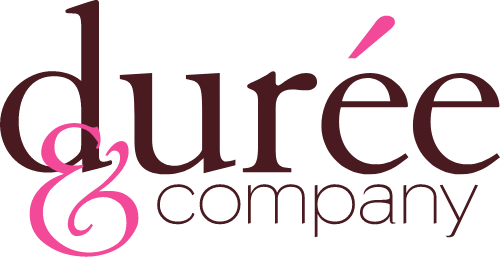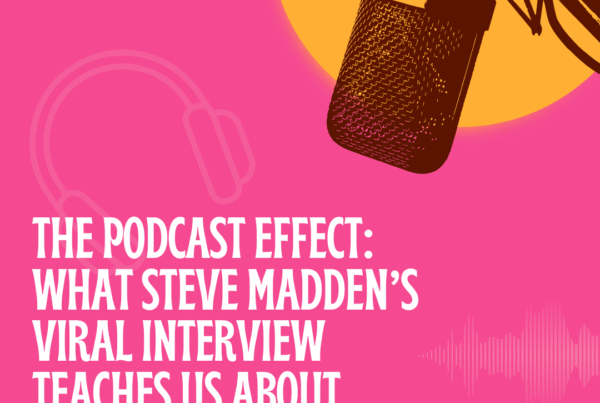
Recent world events have unfortunately resulted in many cuts within companies and organizations, which is creating a recession and a possible depression. For many business owners, there is no doubt that the months — and possibly years — ahead will be challenging. However, through any time of crisis, there is one critical part of any business strategy that should never be forgotten: public relations.
Why public relations? Because when so many others aren’t surviving the storm, it lets the public know that you are still standing, communicating and being active, and that you will still be there when things get better. PR is one of the most budget-conscious, effective and resourceful ways to keep your name out there during a recession. The third-party endorsement that PR creates is a voice that carries through and resonates with audiences long after the depression has passed.
There could be no bigger mistake than cutting PR during a crisis. Those who think past the crisis and want to sustain their long-term success will continue communications and connections with current and potential customers and key audiences.
When other businesses are nixing PR is the perfect time to go on the offensive with your PR efforts for one big reason: share of voice. When your competitors have bowed out, it’s your time to shine. Make more of the news. Pique people’s interest. Allow them to get to know your product or service.
The following are five ways to make the most of your PR during a recession:
• It can strengthen trust. Ensure that the public views your brand as a secure, reassuring choice. Create an emotional connection with your target audience. Messages that build authentic relationships with the target audience will go the farthest. Furthermore, serving as a resource and building trust demonstrates a long-term commitment to your audience, even if they are not able to support your brand during a difficult time. When there is a foundation of trust, there will little hesitation in people’s minds once recovery happens.
• Gain share of voice. Communicate your story when the others — your competitors — aren’t communicating theirs. You will be remembered when they won’t. Lead with emotion, and make that connection. It’s also important to remember that recessions don’t last forever, and there will be a day in the future when business rebounds. Will you be prepared for this? If you are maintaining PR efforts and making plans during the recession, you are setting yourself up for a much smoother and more productive transition to a time when business needs are back on track.
• Get more done with less. Try different types of campaigns involving diverse digital platforms, brand journalism (i.e., creating stories and other content that emphasizes a company or organization’s value from an alternate viewpoint), community relations and more. Increasing communication in this way works — whether you’re doing so online, through the regular media or social media, or by getting to know your community better. Your competition may be putting this tactic into practice, so you should too.
• Bolster online PR. Online PR is an optimal way to develop relationships with the public. For example, begin writing a blog to inform or alert your audience, or to share your thoughts about a relevant topic. Send out a scheduled e-newsletter about developments within your company. Join online forums, and become a part of the conversation. Actively engage with your audience (don’t just sporadically post) through your Facebook, Twitter and other accounts. Ask them questions, or create a contest or game opportunities. Be creative, and have fun with it.
• Learn more about your audience. Discover what your target audiences are doing during the recession, and tailor your efforts to them. What are their needs? Where are they searching for information? A review of your social media accounts, including comments and engagement, can be very telling, as can website traffic. Back-end analytics, including summaries of pages visited, the origin of traffic and inbound links, can speak volumes about your audience and tell a different story than what you may have known even six months ago. The same holds true for social media. Your audience is also evolving and constantly changing, so make sure you are gathering and analyzing this information frequently.
Public relations is an investment for the long term. Brands and companies that have been around for the long run have seen positive returns on this investment through customer loyalty, market position, sales and brand reputation. While it may seem tempting to cut PR as a quick way to save a few dollars in the short term, it’s likely that the momentum will be lost and there will be another brand ready to step in to take your place.
PR is one of your most important tools during a recession to keep in touch with your audiences and find new ones. Don’t follow others who may be shedding their PR efforts — that is one of the worst things you can do during hard times. This is the time when the public needs to hear from you the most. Cost-effective, efficient and very powerful, PR can be your ticket to standing out from everyone else.
Durée Ross is President & CEO at Durée & Company, Inc. specializing in results-driven PR, marketing and special events.









